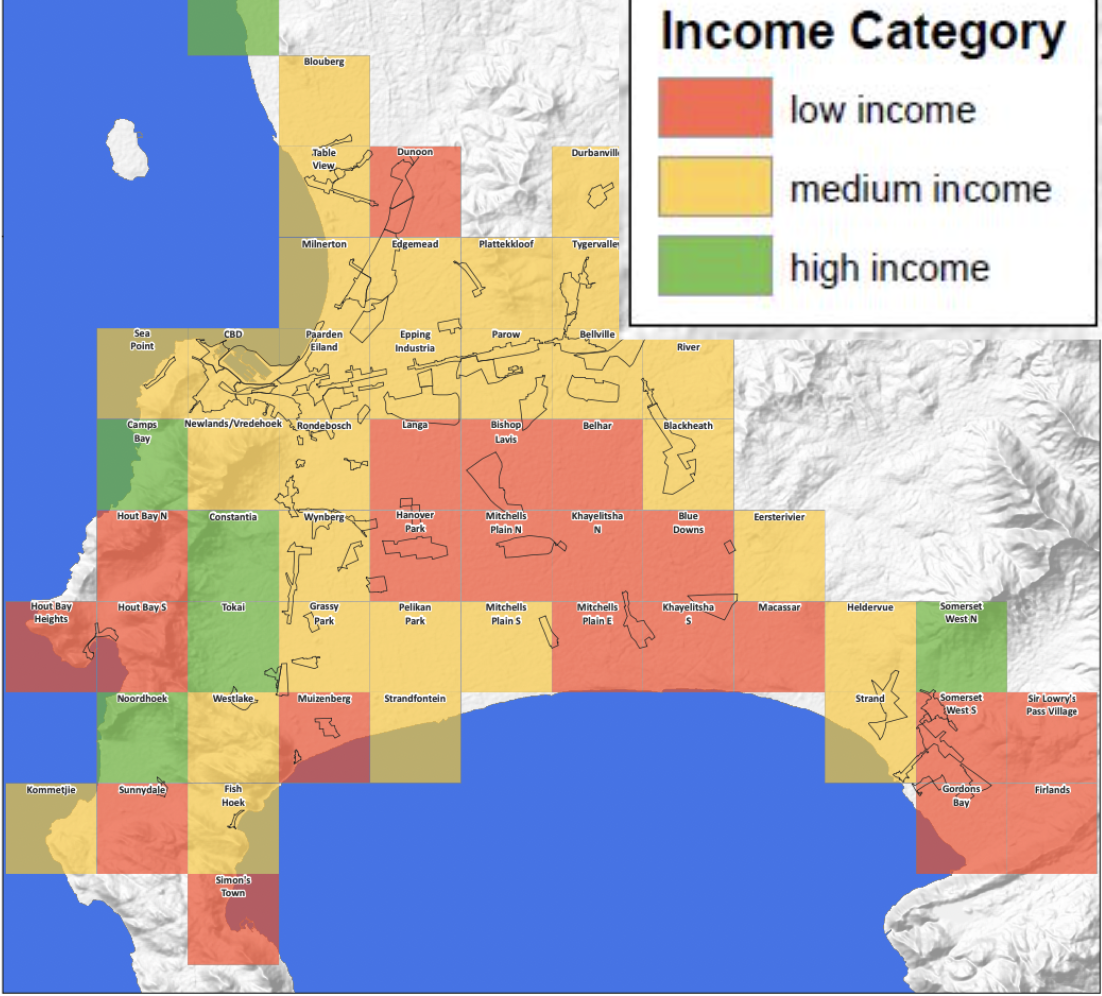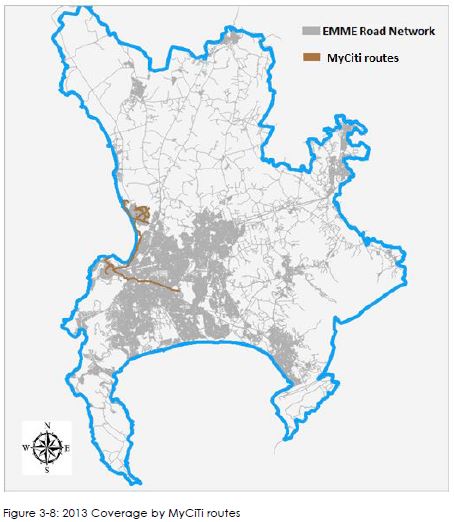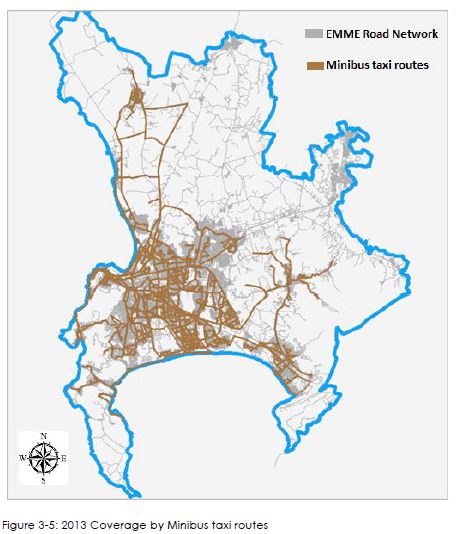Transit Equity
View the Tableau dashbord here.
This research project explores the themes of transport affordability and access to work opportunities for low-income communities in Cape Town, South Africa. Given the high levels of unemployment in these communities, this research explores the impact of travel costs on the ability to access work opportunities. The research explores to what extent low-income communities can access public transport modes which have government subsidised fares.
This study surveyed members of Organising for Work, a non-profit organisation which is embedded in low-income communities and provides members with work-readiness support. Reducing the barriers to entering the workforce, such as travel costs, is central to Organising for Work’s mission. The survey collected data from members about trips made for job interviews, training, information gathering and commuting to work.
It was found that only 14% of respondents used subsidised modes while 86% used unsubsidised minibus taxis – the most expensive but often most widely available transport mode in terms of network coverage. This highlights the poor coverage of affordable transit in low income areas where it would be most beneficial. In addition, 71% of respondents have had to cancel or postpone a work-related trip, such as a job interview, due to not having enough money.


|

|

|
| Income distribution of Cape Town | Coverage of subsidised bus rapid transit service | Coverage of unsubsidised minibus taxi service |